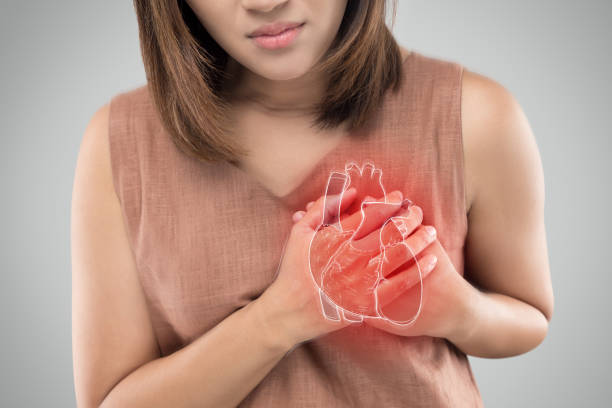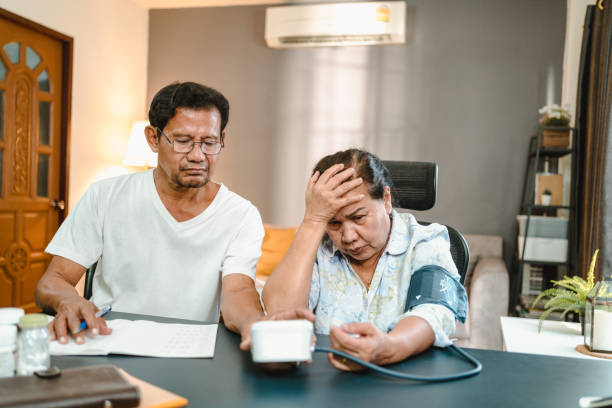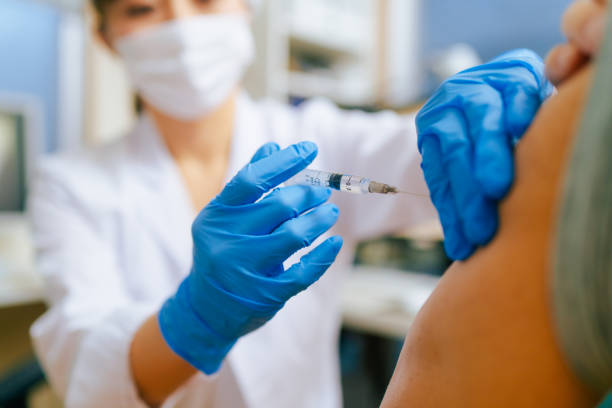COVID Heart Health: How Does COVID-19 Affect Your Heart?
Learn how how COVID-19 impacts the heart and why you shouldn't overlook these potential risks. Stay informed, stay healthy, and give your heart the attention it deserves during these challenging times.
The COVID-19 pandemic has kept us all on our toes, and now researchers are shedding light on how the virus can affect our hearts. In this article, we’ll have a friendly chat about how COVID-19 impacts our hearts right away and in the long run. Plus, we’ll talk about the role of vaccination in keeping our hearts safe.
Immediate Impact: COVID and Your Heart
So, during the first two years of this pandemic rollercoaster (March 2020 to March 2022), something quite concerning happened in the United States. We saw about 90,000 more deaths related to cardiovascular disease than we expected during that time. Shockingly, a lot of these occurred in folks aged 65 and older, which isn’t a huge surprise since they’re at higher risk for heart issues. But what did raise eyebrows was the spike in heart-related deaths among younger adults, specifically those aged 25 to 44.

Image from iStock
Now, it’s easy to chalk some of this up to the challenges of getting medical care during the peak of the pandemic. But experts are increasingly convinced that COVID-19 itself played a role in these heart issues. So, what’s the connection? Well, that’s the million-dollar question!
The Mechanism: Inflammation and Your Heart
One leading idea is that COVID-19 triggers inflammation, and that’s not good news for our hearts. Inflammation is known to hike up our risk of heart problems. When our body fights off infections, it releases proteins that cause inflammation and blood clotting.
In people with plaque buildup in their arteries (you know, like smokers or those with high blood pressure and cholesterol), this inflammation can rupture the plaque, leading to heart attacks or strokes. And that’s why folks with these risk factors are at greater risk of a COVID-induced heart attack.

Image from iStock
But here’s the kicker: Sometimes, these proteins can cause a clot even if you don’t have plaque. If there’s enough inflammation in your blood vessels, it can irritate the cells there and create a clot out of nowhere. Yep, that’s how a young person with no plaque can still end up with a heart attack under the right conditions!
Long-Term Effects on Heart Health
Now, let’s talk about what happens after you’ve recovered from COVID. It turns out that the threat to your heart doesn’t just disappear.
A big study in 2022 looked at the medical records of over 691,000 patients in the United States and found that people who had COVID had a significantly higher risk of developing all sorts of heart-related issues in the year following their infection. This includes a higher risk of stroke, a nearly doubled risk of heart attack, and greater odds of different types of arrhythmias.

Image from iStock
Some of these issues might stick around due to the lasting effects of the virus. Others could crop up because COVID-19 is linked to risk factors for heart disease, especially hypertension (high blood pressure). Believe it or not, about 21 per cent of folks hospitalised for COVID and nearly 11 per cent of those with milder cases went on to develop high blood pressure in the months that followed.
Now, we’re not entirely sure why COVID leads to high blood pressure. It might have something to do with our biology, but the stress of the pandemic probably played a role too.
ALSO READ
The Role of Vaccination in Heart Health
Okay, let’s shift gears and talk about vaccines. Research has shown that getting vaccinated can reduce your risk of having a heart attack or stroke after a COVID-19 infection by about 40 to 60 per cent. Why? Well, it could be because vaccinated folks tend to have milder cases of COVID-19, which lowers the risk of heart-related problems. Or it might be that the vaccine helps protect your heart by reducing the inflammation caused by COVID-19.

Image from iStock
Now, there is a small risk here. Some people have developed myocarditis (inflammation of the heart muscle) after getting mRNA COVID vaccines like Pfizer-BioNTech or Moderna. But the risk of getting myocarditis from a COVID-19 infection is way higher.
In fact, a study by the Centers for Disease Control and Prevention found that for guys aged 12 to 29, the risk of myocarditis after COVID was 4 to 8 times higher than after getting the vaccine. For guys 30 and older, it was a whopping 28 times higher from COVID.
So, while we’re on the topic, remember that the risk to your heart from COVID is much greater than the risk from the vaccine.
How to Look After Your Heart
If you’ve had COVID recently or have risk factors for heart disease, keep an eye out for any heart-related symptoms like chest pain or shortness of breath. And don’t hesitate to reach out to your doctor if you notice anything unusual. They can assess your risk and make sure you’re taking steps to protect your heart.
For those without risk factors or symptoms, bring up your COVID experience during your next yearly checkup with your doctor. In the meantime, stick to heart-healthy habits like regular exercise and a balanced diet.
Remember, understanding these risks and the importance of vaccination can help you keep your heart happy and healthy in these uncertain times. Stay well!
Here at theAsianparent Singapore, it’s important for us to give information that is correct, significant, and timely. But this doesn’t serve as an alternative for medical advice or medical treatment. theAsianparent Singapore is not responsible for those that would choose to drink medicines based on information from our website. If you have any doubts, we recommend consulting your doctor for clearer information.